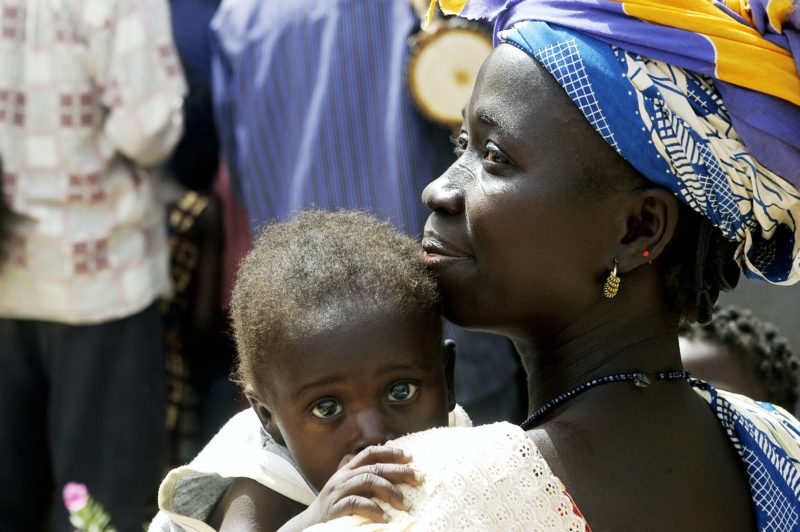The Inclusive Governance for Resilience program to restore trust, effective communication and reliability for service-delivery amongst government, citizens and groups. A new five-year U.S. government program seeks to rebuild Burkina Faso residents’ communication and trust in government institutions that ultimately will reduce the proliferation of violent extremist groups in the country.

Funded by the U.S. Agency for International Development, the nearly $20 million award will support the new Inclusive Governance for Resilience program. The program will work with government, civil society, private sector and citizens to co-create roadmaps to build resilience and trust that the government will deliver services. It will be implemented by Creative Associates International in partnership with Lutheran World Relief.
Leland Kruvant, Creative’s President and CEO, emphasizes that local actors and institutions are critical to the new program’s success.
“Fostering local leadership, encouraging continuous learning and sharing related experiences have proven to be part of a winning solution for at-risk and distressed communities,” says Kruvant.
A fundamental tool is Creative’s innovate Fragility and Resilience Assessment Methodology (commonly called FRAMe®), which is a mapping tool that identifies the sources that weaken the citizen-state relationship and access to community resources. Conversely, FRAMe illuminates resiliency in communities, providing opportunities to build on places where the citizen-state relationship is stronger.
Deborah Kimble, Director of Creative’s Democracy, Governance and Electoral Integrity’s Practice Area, says the dynamic partnerships among state institutions, local non-state actors, and civic institutions is fundamental to transforming relationships and building the democratic governance and social capital needed to restore cohesion and trust while countering violent extremism.
Local actors will contribute significantly to the Inclusive Governance for Resilience program by taking on leadership roles, while receiving close mentoring and oversight from Creative. The local leaders will also facilitate workshops with Village Development Committees and other groups to discuss constructive advocacy strategies, instead of passive or violent approaches to agitate the government for services. The program seeks to restore trust, effective communication, and collective interest and responsibility in government affairs and services.
Local Challenges
Violence continues throughout Burkina Faso because of conflict among government, citizens, self-defense groups and violent extremist groups. The government sought volunteers to fight violent extremists, which further increased local violence and caused greater social division.
As of August 2020, violence displaced more than 1 million people, particularly in the Sahel, Centre-Nord, East and Nord regions.
Sahel is most affected by attacks from armed and vigilante groups such as Koglweogo, which has escalated conflict in the area. The violence is compounded by distrust in the government due to poor services and infrastructure such as schools and health centers.
In Centre-Nord, there is a longstanding conflict between farming communities and herders because of limited available land. In the East Region, residents have felt abandoned by the government because of limited access to water and electricity, heightening tensions and mistrust.
Nord has the highest poverty rate in the nation, with 7 out of 10 people living below the poverty line and suffering from food insecurity. Violence has erupted in the area, targeting state institutions, as well as minority communities and Christians.
The Inclusive Governance for Resilience analysis and plan towards peace and cohesion will be different for each region depending on the needs, unique challenges, social and power dynamics and openness to private sector investment.
An initial six-month inception period will allow Creative and USAID to decide on priorities and next steps for the five-year government program. During this period, Creative will conduct a political economy analysis, gather citizens’ insights through FRAMe, and assess the capacity of commune administrations and civil society organizations, to address factors that counter peace and reform and apply that data to create a roadmap towards cohesion and resilience.